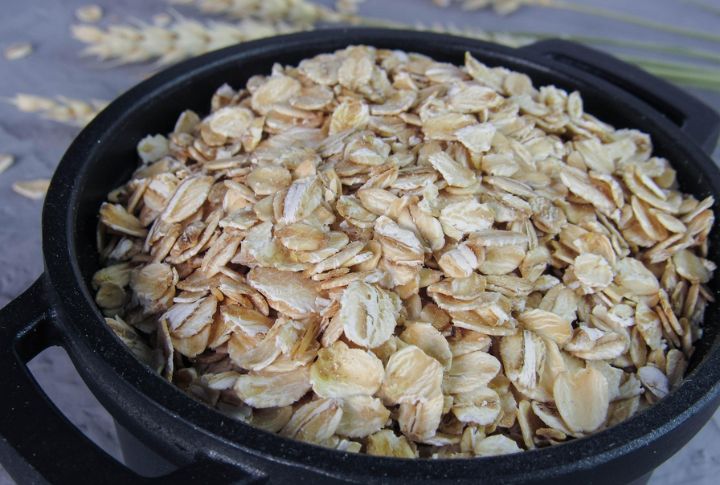
Your arteries don’t clog overnight. The damage builds gradually from years of poor food choices. But here’s the good news: you can actively protect your cardiovascular system through what you eat. Certain foods work to keep your arteries clear and flexible. Start adding these nutritious options to your meals before problems develop. Prevention beats treatment every time.
Pistachios
Pistachios make a smart snack for anyone looking to keep arteries clear. Rich in antioxidants such as lutein and Vitamin E, they prevent cholesterol from turning harmful. Add a handful to your routine, and suddenly a simple snack doubles as a little daily armor for your heart.
Lentils
Including lentils in your diet supports cleaner arteries by promoting healthy cholesterol levels. These legumes provide fiber, plant-based protein, and antioxidants that work together to help limit plaque formation. Regular consumption makes lentils a simple, nutritious choice for protecting cardiovascular health.
Broccoli
Sulforaphane in broccoli supports calming arterial inflammation and gives blood vessels a break. Its fiber works alongside antioxidants to keep vessels clear and resilient. Toss it in a steamer for a few minutes, and this humble veggie becomes an easy, tasty way to boost heart-friendly nutrients.
Avocados
Monounsaturated fats found in avocados work to decrease harmful LDL cholesterol while slowing arterial plaque formation. Moreover, high potassium content keeps blood pressure stable. So, next time you’re baking, try using this berry as a puree—yes, it’s botanically a berry—instead of butter for a heart-healthier treat.
Oats

Oats stand out for their beta-glucan content, a soluble fiber that actively lowers LDL cholesterol and minimizes arterial plaque. Regular oat consumption has long been tied to better heart health, which is why oatmeal received one of the first FDA-approved heart-health claims.
Asparagus
Inflammation doesn’t stand a chance against antioxidants packed into asparagus spears. This vegetable delivers folate that keeps homocysteine in check, a compound notorious for raising heart disease risk. Regardless of color, all varieties produce beneficial sulfur compounds from “asparagusic” acid during digestion.
Fish
Fatty fish such as mackerel and salmon supply EPA and DHA—omega-3 fats that reduce inflammation and decrease triglycerides. People who eat fish regularly experience fewer heart attacks and strokes. Some varieties, like sardines, can be eaten whole and provide additional minerals such as calcium that further support cardiovascular strength.
Turmeric
Turmeric’s key compound, curcumin, delivers potent anti-inflammatory and antioxidant effects that strengthen arterial health while enhancing endothelial function essential for smooth blood flow. Because curcumin absorbs poorly alone, black pepper’s piperine dramatically boosts its effectiveness, making this spice a powerful tool for protecting blood vessels.
Beans
By lowering cholesterol and supporting heart function, beans play a starring role in arterial health. Their protein and minerals reinforce cardiovascular strength over time. Next time you open a can of beans, remember it’s not just a pantry staple—it’s a small, tasty investment in your heart.
Whole Grains
Packing a bowl of whole grains into your day feeds your arteries the fiber they love while keeping cholesterol in check. Quinoa and whole wheat sneakily calm inflammation. Consistently adding them to meals gives your heart a gentle nudge toward staying happy and plaque-free.

